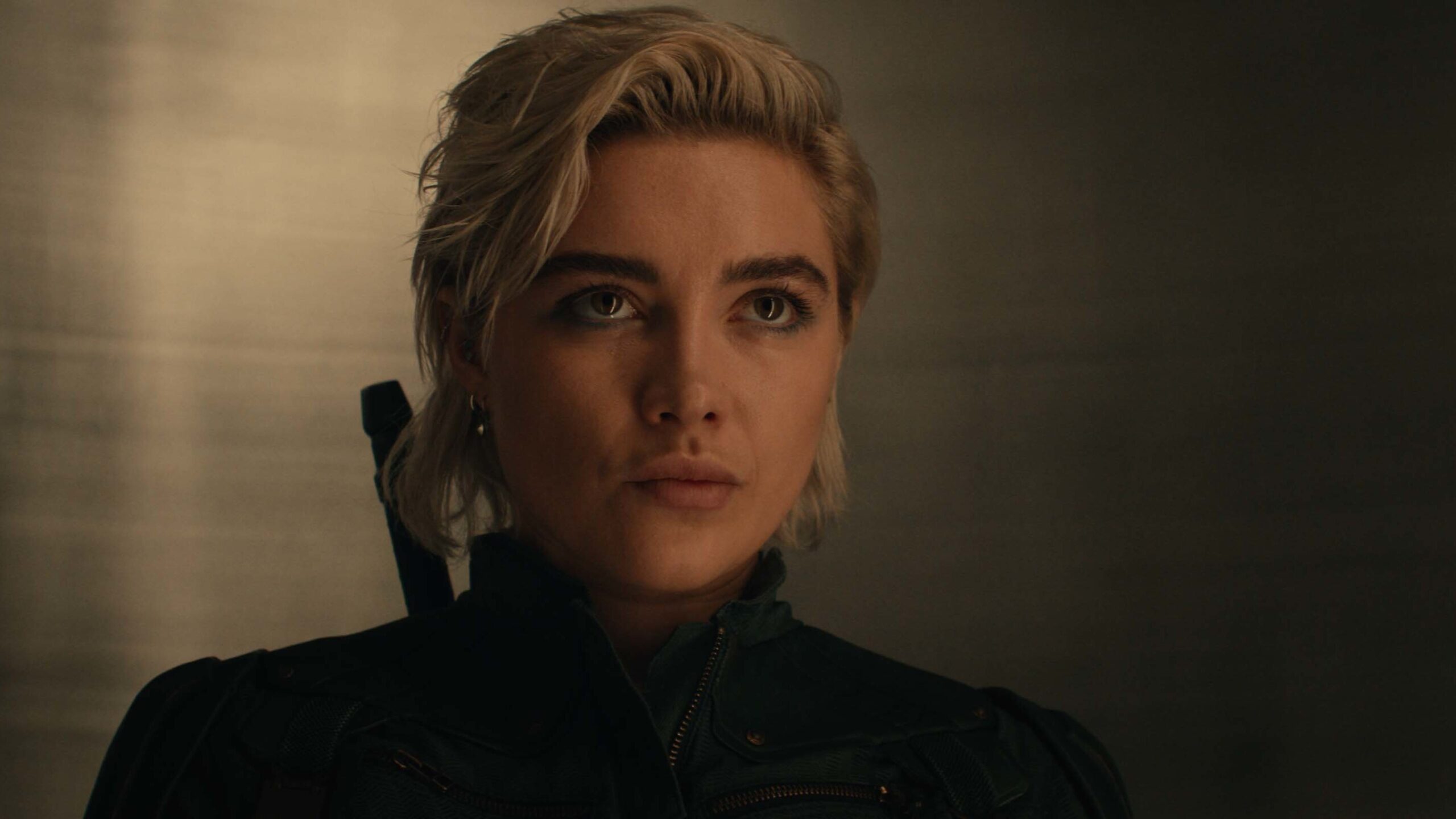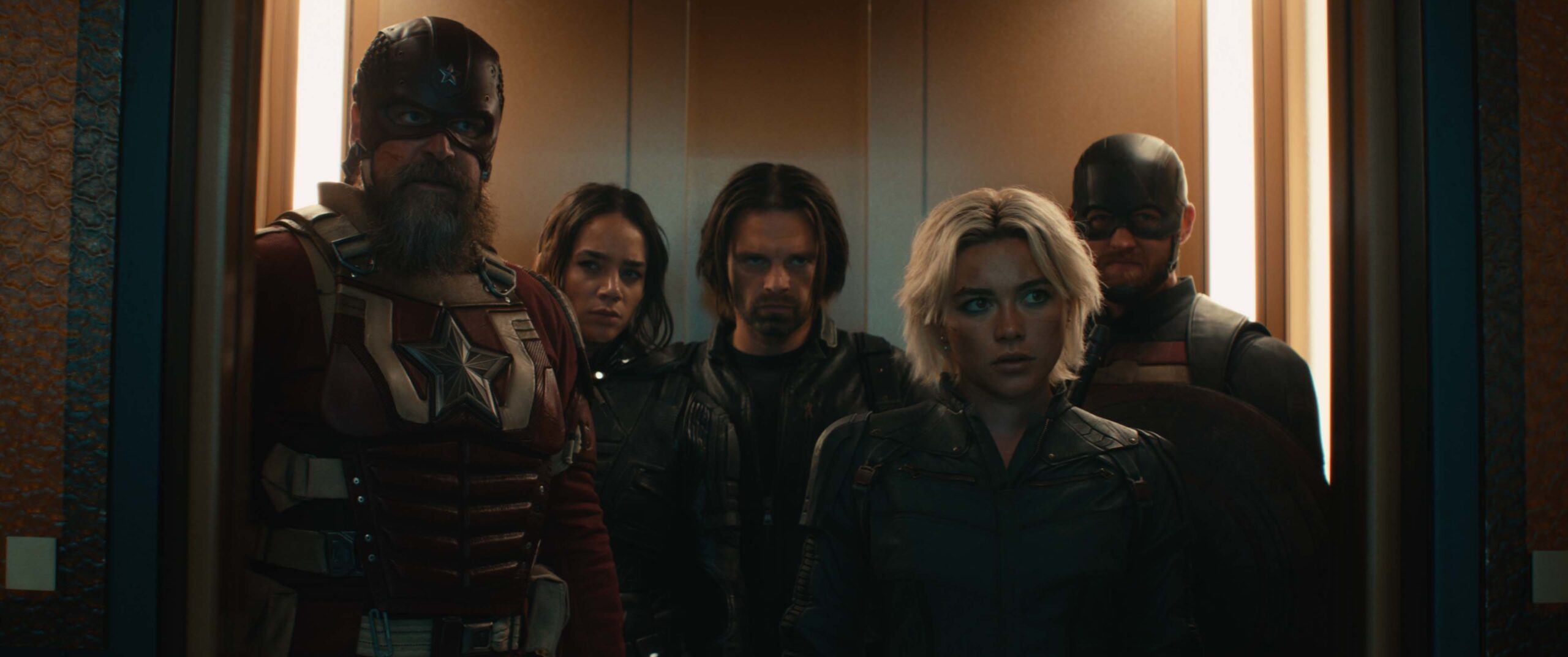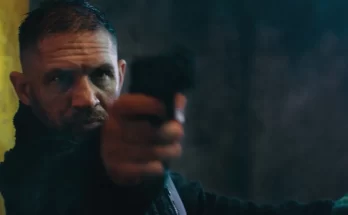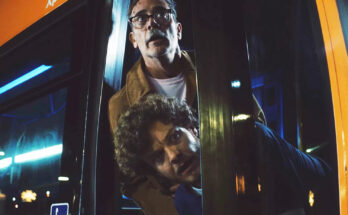Want to hear more from the actors and creators of your favorite shows and films? Subscribe to The Cinema Spot on YouTube for all of our upcoming interviews!
Sometimes I write things, but mostly I watch movies.
Thunderbolts* is the latest entry in the Marvel Cinematic Universe and is certainly a welcome one. For the first time in a while, it feels as if the MCU has a winner on its hands. This is in large part thanks to the creative team behind the film (insert all the people from Lee Sung Jin’s hit Netflix series, Beef). They made the smart decision to focus on characters and themes rather than just pure spectacle and trying to set up the franchise’s future. And while the behind-the-camera talent is important, the talent on screen is just as important, and this film has tons of it.
Thunderbolts* stars Florence Pugh (Midsommar, Little Women, Black Widow, Hawkeye, Oppenheimer, We Live in Time) reprising her role as Yelena Belova. Joining her is Sebastian Stan (the Captain America film series, The Falcon and the Winter Soldier, A Different Man, The Apprentice) returning as Bucky Barnes aka the Winter Soldier, David Harbour (Stranger Things, Black Widow, Creature Commandos Season 1) as Red Guardian, Wyatt Russell (Lodge 49, The Falcon and the Winter Soldier, Monarch: Legacy of Monsters) as John Walker/ U.S. Agent, Hannah John-Kamen (Black Mirror, Ant-Man and the Wasp) as Ava Starr/ Ghost, and Lewis Pullman (Bad Times at the El Royale, Top Gun: Maverick, Outer Range, Skincare) as “Bob”.
Rounding out the cast is Julia Louis-Dreyfus (Seinfeld, Veep, Black Widow, The Falcon and the Winter Soldier, Black Panther: Wakanda Forever) as Valentina Allegra de Fontaine and Geraldine Viswanathan (Blockers, Drive-Away Dolls, Oh Hi!) as de Fontaine’s assistant, Mel.
Thunderbolts* follows Belova, the Winter Soldier, U.S. Agent, Ghost, and Bob after they are sent on a mission by de Fontaine that goes wrong. The titular team reluctantly works together to stop de Fontaine and hopefully save themselves.
Focus on Characters
Again, what makes Thunderbolts* good is that it’s more interested in its characters than most MCU films. While the whole cast may not get fully developed arcs, they each do change and grow throughout the film. The film is an ensemble piece, but it is mostly focused on Belova. This is another incredibly smart choice, as Belova has proven extremely popular among fans, and Pugh is one of the most talented young actors working today. The actor has such command over the screen that you cannot help but be invested in her character. Even when she delivers some of the clunkier dialogue in screenwriters Eric Pearson (Agent Carter, Thor: Ragnarok, Godzilla vs. Kong, Black Widow, Transformers One) and Joanna Calo’s (Undone, BoJack Horseman, Beef, The Bear) script, it feels believable.
As for the character herself, Belova’s journey is very relatable and quite well done. She struggles to find meaning and connection after losing most of everything in her life. Her job doesn’t fulfill her, the few personal connections that she has are practically non-existent, and she lives full of regret. She is a woman struggling with depression and trying to run from it instead of facing it, which is what all of the Thunderbolts are facing. This is the first time since Guardians of the Galaxy Vol. 3 that Marvel Studios seems interested in exploring what it means to be a person and human being through the lens of superheroes.
Sentry
Now, to reiterate, this is primarily done through Belova. However, Bob is essentially the co-lead of the movie and serves as a walking metaphor for struggles with mental health. To say too much more would be delving into spoilers. Even then, his and Belova’s dueling stories make up the beating heart of Thunderbolts*. It also helps that Pugh and Pullman have great chemistry and naturally feel like friends on screen. This makes it all the easier to believe these two characters would be drawn to each other. And when they do run into conflict, it feels so much more painful because of that chemistry.

Secondary Cast
Outside of Bob and Belova, the rest of the roster takes a bit of a backseat. Barnes gets a few moments to shine and is very good with what he gets. Yet, he is ultimately more of a supporting figure. The same is true of Walker and Starr, especially the latter, who does get her moments, but nothing on the level of the rest of the characters. Even Red Guardian gets more to do than her. This is not entirely unexpected due to that character’s ties to Belova.
However, Red Guardian is where most of the Marvel Cinematic Universe’s worst tendencies tend to rear their head. He serves as the comic relief, and admittedly, some of his bits are funny, but they do feel a little out of place with everything else. All the other characters get a few quips here and there. In the end, it feels like it would have been better if those were all the comic relief moments in the film. With that said, when the film allows the character to be serious and heartfelt, it works. One moment in the film, if not the best, is a very real conversation between him and Belova. Therefore, while his inclusion here may not be perfect, it is welcome. Also, his journey does fit the larger themes of the film.
As for the antagonist, Louis-Dreyfus as de Fontaine is fine. She’s not much different than your typical government/ corporate antagonist. Still, she has fun with the role and knows what kind of movie she is in.
The Only Way Out is Through
Thunderbolts* may not be the most revelatory or in-depth exploration of mental health, but its overall take on the matter is good. These characters have spent their whole lives running from or trying to bury their issues. And for the first time in this film, they are allowed to confront their issues head-on. For once, these characters—Belova, especially—learn that to improve and move on with life, you have to acknowledge the past. Yes, the past is messy and complicated, but it does not have to define you. Acknowledging and working through it does not magically solve all your issues, but it just makes them easier to deal with. The only way out is through, by beginning to do the hard work on yourself.
The movie does falter sometimes with how it depicts mental health issues and how people talk about them, but overall, it’s done well.

Thunderbolts* As an Adaptation
As an adaptation of the comics, Thunderbolts* falls into the same camp as much of the Marvel Cinematic Universe. It’s mostly an adaptation in name only. Sure, it borrows a few characters or concepts, but really, it is doing its own thing. Barnes has been involved with several iterations of the Thunderbolts in the comics before the movie’s announcement; and Ghost, as well. However, most of these characters have not been associated with the comic version of the team.
Very loosely, this movie takes on the idea of the comic, Thunderbolts, which features villains masquerading as heroes. However, in the MCU, all of these characters have been more anti-heroes for the longest time. Thus, it doesn’t quite fit the vibe of what Thunderbolts is traditionally. As a fan of the comics, it is somewhat irritating that Marvel Studios continues to do this. Yet, I accepted long ago that this was the case. And yes, the asterisk (*) in Thunderbolts* is explained, but it feels like a waste of a concept that is so rich in the comics.
Other Thoughts on Thunderbolts*
Unfortunately, Thunderbolts* continues the trend of Marvel Cinematic Universe movies looking dull and grey. Thankfully, unlike Deadpool & Wolverine or Captain America: Brave New World, it is easy to follow and see the action in Thunderbolts*. The color grading may leave a lot to be desired, but director of photography Andrew Droz Palermo’s (You’re Next, V/H/S, A Ghost Story, The Green Knight, Moon Knight) cinematography is otherwise quite good and a step above most of Marvel Studios’ films.
It’s been discussed some, but the screenplay from Pearson and Calo is one of the better MCU scripts in some time. Yes, it still has many of the same issues as the other films, with everyone being overly quippy and a third act that feels a little out of place. However, for the first time in a while, the third act does not devolve into a massive CGI fight. It’s quite refreshing. It still has its issues with pacing and getting too big, but it mostly keeps the stakes relatively personal. The film takes time to show the team saving civilians, something sorely missing from much of the post-Endgame MCU, i.e. the Multiverse Saga. The Thunderbolts are some of the most heroic characters in all the MCU, despite their checkered past.
The Verdict on Thunderbolts*
Thunderbolts* may not be at the level of pre-Endgame Marvel Cinematic Universe films. Yet, it is arguably one of the best MCU films in a long time. This is thanks to its focus on good character and themes instead of spectacle. It avoids much of Marvel Studios’ worst tendencies, and for once, the MCU might be back.
Score: 3.5/5
Thunderbolts* is now playing in theaters!
Be sure to check back with The Cinema Spot for more Marvel Cinematic Universe and superhero reviews! And check out our Facebook, Twitter, Instagram, Bluesky, and Letterboxd pages!
Sometimes I write things, but mostly I watch movies.



